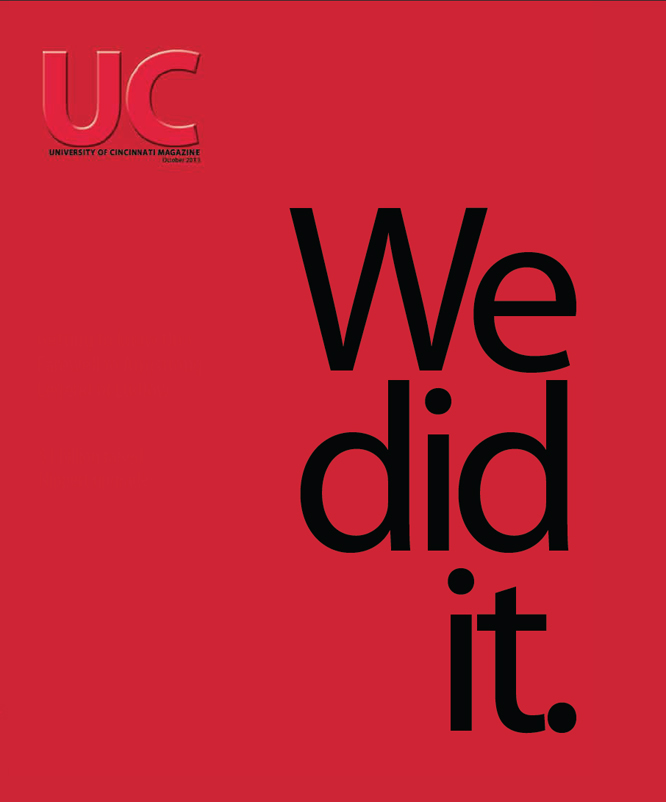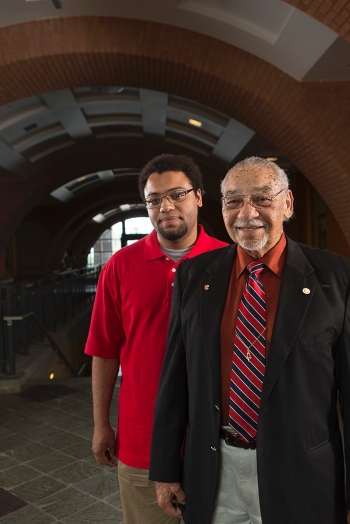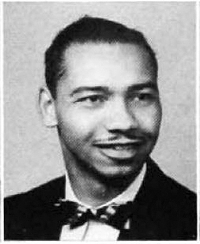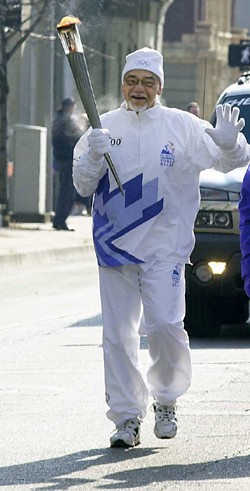One of UC’s first African-American engineering grads breaks vow to turn his back on his alma mater
When Clark Beck enrolled in UC’s mechanical engineering program 60 years ago, he knew he was going to catch hell. The dean had personally told him so.
Though Beck had stellar academic credentials, including an undergraduate mathematics degree from another college, Dean Howard Justice understood that earning respect and getting doors opened would be difficult for him. In short, racial segregation in 1951 would not overlook Beck’s African-American heritage.
When the dean reviewed Beck’s transcript, his pronouncement was honest, “You can come if you want to, but you’ll catch hell from both sides of the desk.”
Beck refused to let the dean’s warning deter him. He had just driven straight to UC after an engineering dean at another university insulted him. “He told me that my people could not be engineers,” Beck clearly recalls more than 60 years later, “and that, if I enrolled, I would not graduate.”
When given a choice, Beck decided that one dean’s honesty was better than another’s cruelty. Plus, UC had the added incentive of its renowned co-op program, which would help Beck pay tuition and fees in future years.
“Just because someone told me I couldn’t be an engineer, I decided I would be one,” the UC alumnus declares, “even if it killed me. And it almost did. When I graduated from UC, I vowed to never set foot on the campus again.”
Dean Justice’s words about “catching hell” had indeed been prophetic.
Beck’s vow, on the other hand, left room for a change of heart — as evidenced in the fact that his grandson Emory Beck-Millerton is currently a junior in UC’s mechanical engineering program. His grandfather had so highly recommended UC that it was the only program to which Beck-Millerton applied.
Over the years, the man who once left UC in anguish developed a fresh perspective, one that led him to recommend UC’s engineering program to hundreds of minority applicants and to even become a university donor.

 Past Issues
Past Issues


